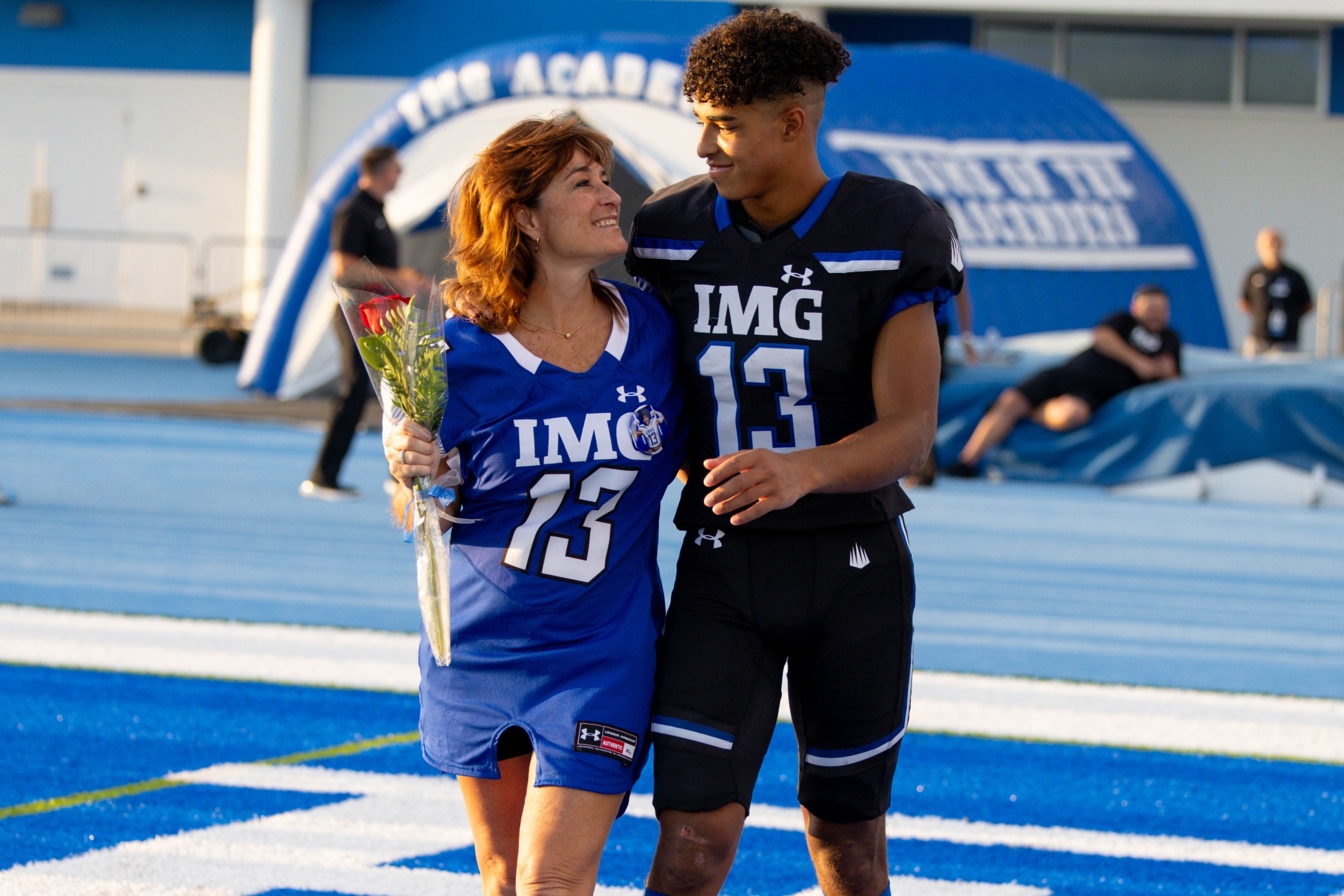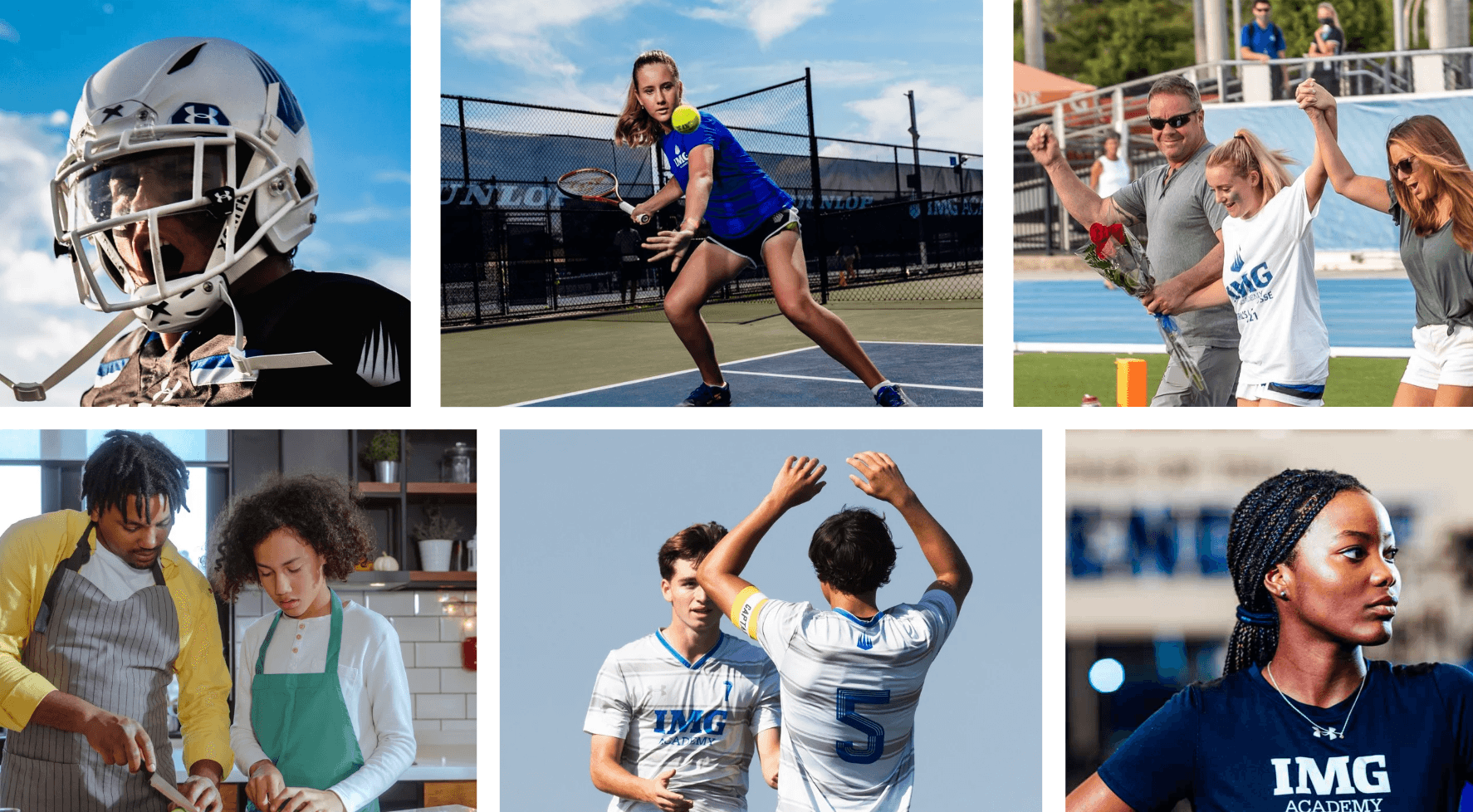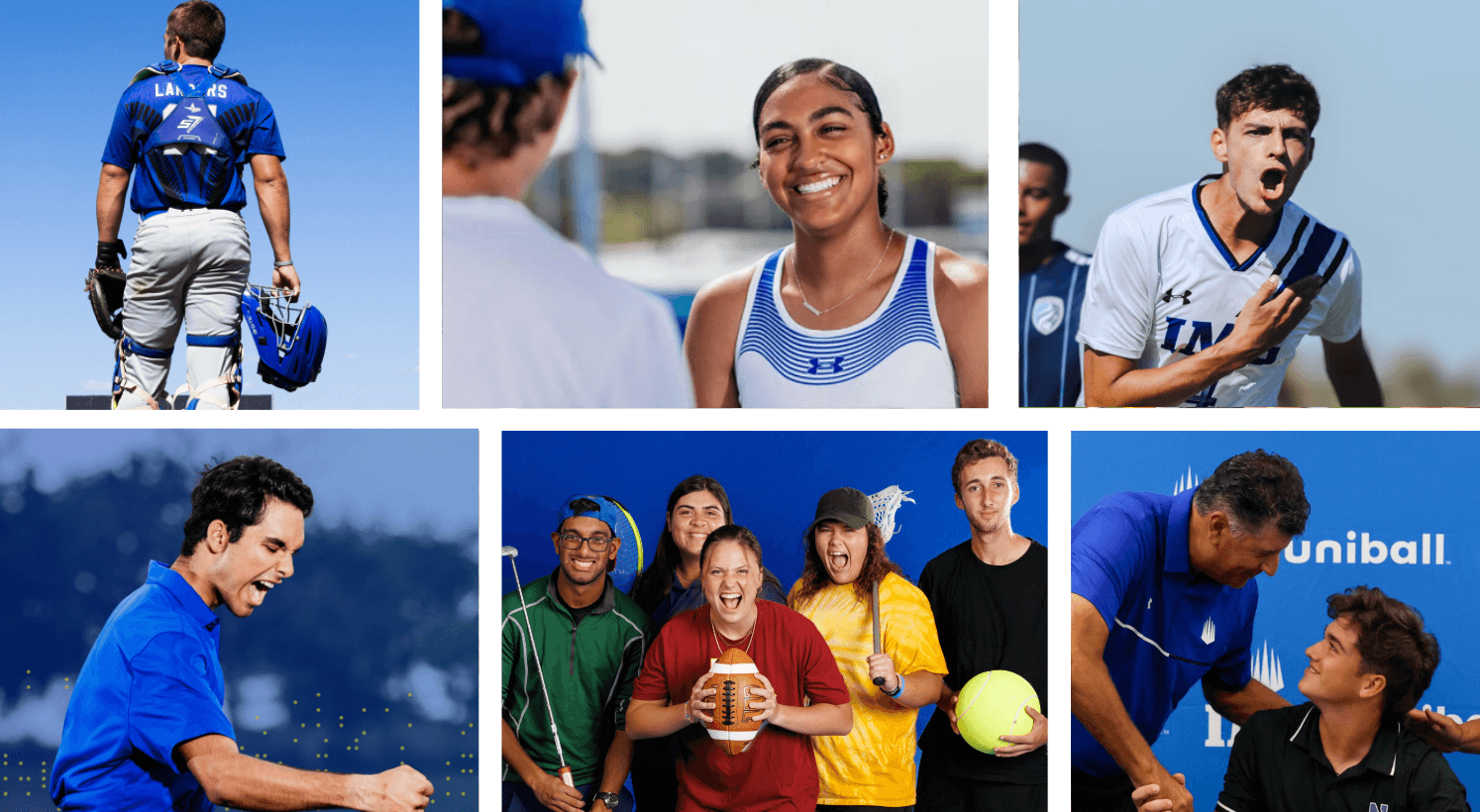How to Help Your Student-Athlete Develop a Growth Mindset


As a parent, you have a unique and powerful role in shaping your child’s mindset, especially when it comes to sports. Talent and skill are essential, but the right mindset often makes the difference between short-term success and long-term achievement. Developing a growth mindset—the belief that abilities can improve through effort, learning, and persistence—is key. This mindset helps athletes push through setbacks, stay motivated, and unlock their full potential, both on and off the field. Encouraging this perspective not only boosts their athletic performance but also fosters resilience and a love for the game.
What Is a Growth Mindset?
A growth mindset, a concept developed by psychologist Carol Dweck, is the belief that intelligence, skills, and abilities are not fixed but can be developed with effort and practice. In contrast, a fixed mindset leads athletes to believe that talent alone determines success, and that failure is a sign they aren’t good enough.
Here’s a version with your style in mind:
Athletes with a growth mindset tend to embrace challenges, see mistakes as chances to grow, and stay committed to getting better over time. As a parent, you can play a pivotal role in helping your child develop this mindset by encouraging resilience, emphasizing the importance of effort, and shifting the focus from just winning to valuing the learning process. This approach not only builds mental toughness but also keeps them motivated to improve, no matter the obstacles they face.
How Parents Can Support a Growth Mindset
1. Praise Effort, Not Just Talent
Instead of saying, “You’re so naturally talented at soccer,” try, “I love how hard you worked in practice today.” Recognizing effort and perseverance teaches kids that improvement comes from dedication, not just natural ability.
2. Encourage Learning from Mistakes
Mistakes and losses are inevitable in sports, but they provide some of the best learning experiences. When your child faces setbacks, ask questions like, “What did you learn from that game?” or “What could you do differently next time?” This helps them see failure as a stepping stone to growth rather than a sign of defeat.
3. Teach the Power of ‘Yet’
When your child says, “I can’t do this,” add one powerful word—yet. “You can’t do this yet, but with practice, you’ll get there.” That small shift in language does a lot more than just change the tone; it reinforces the idea that growth takes time and persistence. It’s a reminder that skills aren’t something you either have or don’t—they evolve with effort. This mindset sets them up for resilience, showing them that challenges are opportunities to improve, not roadblocks to their success.
4. Model a Growth Mindset Yourself
Kids learn from watching their parents. Share your own challenges and how you work to improve in different areas of life. Whether it’s learning a new skill at work or overcoming a fitness challenge, show them that growth applies to everyone, not just athletes.
5. Focus on the Process, Not Just the Outcome
Winning feels great, but the real value in sports lies in the growth—skills, discipline, and resilience. It's important to celebrate the small wins and personal progress rather than just focusing on scores and rankings. Encourage your child by asking questions like, “What’s one thing you did better today than last week?” This helps them see the bigger picture and recognize their development beyond just the outcome of the game. Cultivating this mindset fosters a deeper connection to the sport and a more fulfilling journey.
Why a Growth Mindset Matters in Sports and Life
Athletes with a growth mindset:
Stay motivated through challenges.
Develop resilience and learn to handle failure.
Are more likely to set and achieve long-term goals.
Build confidence through effort and persistence.
Beyond sports, this mindset prepares athletes for success in school, relationships, and future careers.
The Parent’s Role in Shaping Mindset
Your words, actions, and encouragement hold significant weight in how your child views their abilities. When you focus on reinforcing effort, learning, and persistence over talent and outcomes, you’re laying the foundation for the mental toughness they’ll need in both sports and life.
To help you along the way, we’ve put together a practical digital toolkit to support you as you work to cultivate a growth mindset in your athlete.
Next time your athlete faces a challenge, remind them: growth isn’t instant, effort is the key to skill development, and setbacks are just part of the process. With a growth mindset, they won’t just succeed in sports—they’ll excel in everything they pursue.

Aren J. Ulmer is a dedicated sport psychology professional specializing in mental resilience, athletic performance, and holistic development. A former collegiate basketball athlete and coach, he integrates evidence-based psychological strategies with lived experience to optimize performance and personal growth. Currently a Doctoral Candidate in Sport and Performance Psychology at the University of Arizona Global Campus, he holds a Master’s in Applied Sport and Performance Psychology from Holy Names University and is a Certified Mental Performance Consultant (CMPC). Aren works with NBA, FIBA, NCAA, and professional athletes, coaches, and executives as a Mental Performance Coach at Courtex Performance and IMG Academy+. Previously, he served as the Mental Performance and Wellness Coach for Atlanta United’s MLS Academy and designed mindfulness workshops with the Golden State Warriors Community Foundation. A sought-after speaker, he has presented at major conferences, including the Association for Applied Sport Psychology (AASP) Annual & Regional Conferences.
Like this article? Access more in the full resource library.


Start Achieving Your Goals With Essentials
- Unlock the full Essentials experience
- Get recommended content based on your interests
- Dive into content on mental performance, nutrition, college recruiting, sports training and so much more!